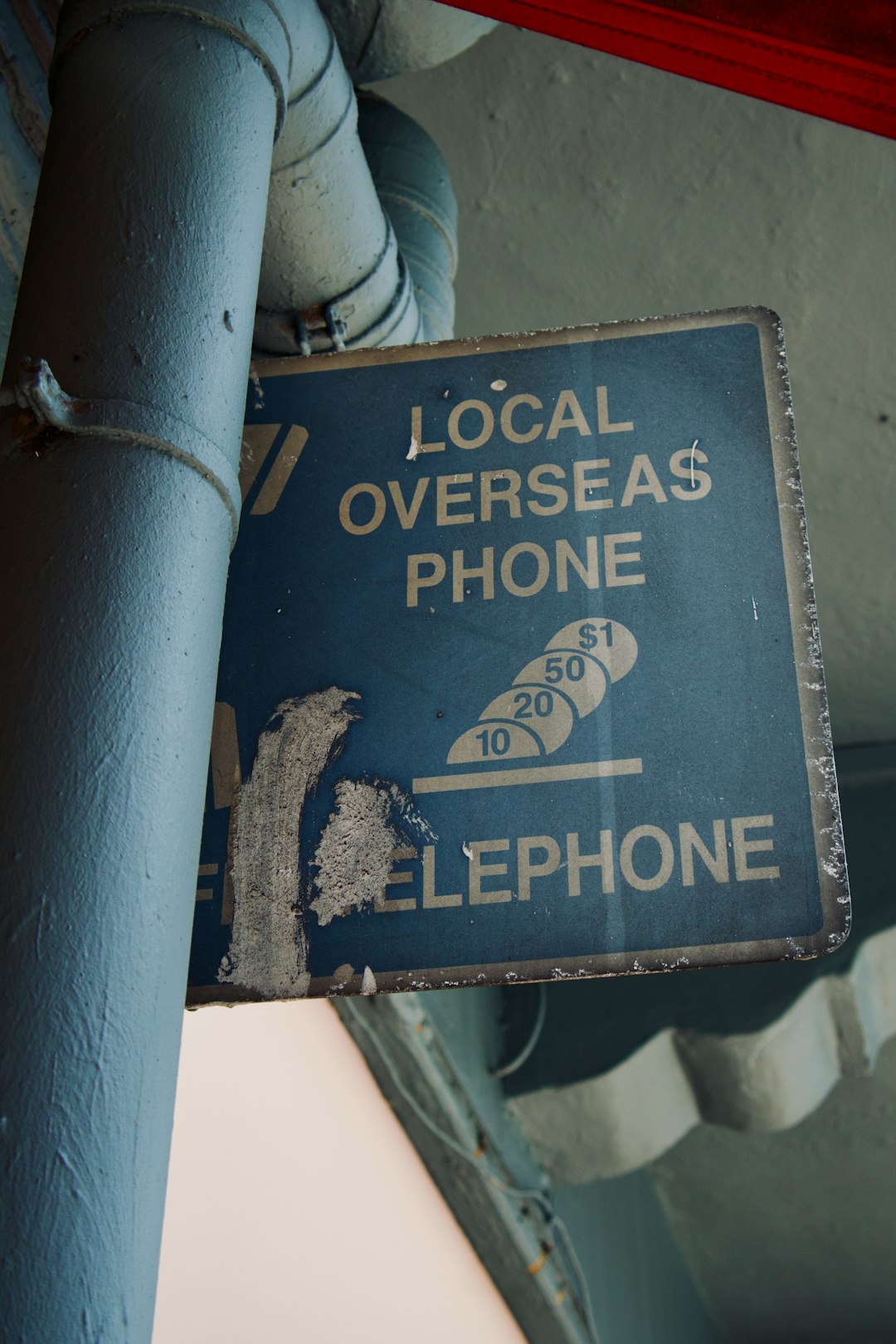Spam text harassment in Louisiana is illegal and has severe consequences. The state's Do Not Call law protects citizens from unsolicited promotional texts, especially from businesses ignoring "Do Not Call" requests. If harassed, document messages, report to local law enforcement, and avoid direct contact with law firms. Gather evidence for a stronger case against spammers while adhering to Louisiana's phone harassment laws.
In Louisiana, understanding and addressing spam text harassment is crucial. While unsolicited texts might seem like a minor nuisance, they can escalate into illegal activity under certain circumstances. This article explores Louisiana’s laws surrounding spam texting, what constitutes illegal behavior, and the steps individuals can take if they become victims of such harassment. If you’re facing persistent or abusive spam texts, learn how to protect your rights without involving law firms.
Understanding Spam Text Harassment Laws in Louisiana

In Louisiana, spam text harassment is a growing concern with severe legal ramifications. The state has implemented laws to protect residents from unsolicited and disturbing text messages, especially those promoted by businesses or individuals who disregard do-not-call requests. These laws are designed to ensure that citizens can enjoy their privacy and peace without being bombarded by unwanted marketing content.
Louisiana law strictly regulates the use of automated dialing systems for commercial purposes, including text messaging. Businesses found guilty of spamming may face significant fines and legal repercussions. If you’ve received harassing spam texts, it’s advisable not to call law firms directly; instead, document the messages and contact relevant state agencies responsible for enforcing these anti-harassment laws. This proactive step can initiate a formal process to hold perpetrators accountable.
What Qualifies as Illegal Spam Texting?

Illegal spam texting typically involves unsolicited text messages that promote goods, services, or products and are sent to individuals who have not given their explicit consent. This includes messages from unknown senders, those that use deceptive language or misrepresentations, or those sent in bulk to multiple recipients. In Louisiana, the Do Not Call law specifically addresses unwanted telemarketing calls, but it also extends to text messages if they meet the criteria of being unsolicited and unwelcome.
To be considered illegal spam texting, the messages must not only be promotional but also lack a mechanism for opt-out or unsubscription, making it difficult for recipients to stop receiving these texts. Additionally, sending such messages to individuals who have registered on national “Do Not Call” lists or local Louisiana lists further amplifies the potential for legal action. It’s essential to respect privacy rights and consumer choices, ensuring that text messaging practices comply with relevant laws to avoid potential legal consequences.
Taking Legal Action: Steps After Harassing Texts

If you’ve been a victim of harassing spam texts, it’s crucial to take immediate action. The first step is to document everything – note down the dates and times of each text, any threatening or offensive language used, and keep a record of all conversations or attempts to contact the sender. This evidence will be vital if you decide to take legal action.
Next, consider reaching out to your local law enforcement agency to file a report. In Louisiana, there are specific laws against phone harassment, which can help strengthen your case. Avoid contacting law firms directly – instead, focus on gathering evidence and consulting with legal professionals who can guide you through the process without prompting unwanted attention from the harasser or their representatives.






